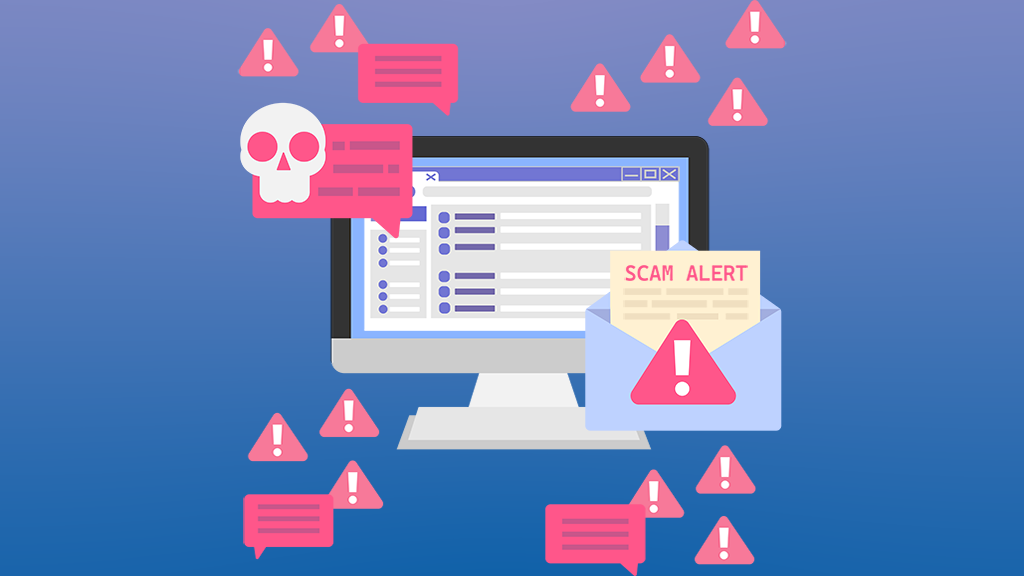Epic Games has never been afraid to take risks. That’s how their flagship title “Fortnite” became one of the most popular video games in the world, with over 350 million accounts registered worldwide.
This time though, Epic’s risk taking has gotten their most popular game removed from the Apple App Store and Google Play.
Dropping Prices
On Aug. 13, 2020, Epic Games announced the “Fortnite Mega Drop” on their blog. The promotion boasted a “new way to pay on iOS and Android,” and a permanent 20% discount on the in-game currency, V-Bucks.
This was the first time Epic had reduced the prices within their in-game store. They did this to promote their new payment system, “Epic direct payment.”
Online storefronts like the Apple App Store and the Google Play Store take a cut of the transactions made on their platform. When developers add in-app purchases to their games, they are only collecting 70 percent of the revenue. The other 30 percent goes to whichever platform the purchase was made through.
By offering V-Bucks at a 20% discount, Epic Games encouraged players to use the company’s direct payment system instead of the one provided by the storefront. This allowed the company to undercut Apple and Google by avoiding their 30% fee. This discount only applied to purchases made through their new system, and incentivized players to pay the company using this alternative method.
In a press release, Epic explained that they were not making these changes just for the money.
“Epic’s position is that all mobile developers and consumers have the right to choose alternative payment providers that charge less, as is the norm on all other general-purpose computer platforms, including Web, Windows and Mac,” Epic said.
On Google and Apple, Epic also had this to say: “Their rules are designed to cement their monopolies, to limit consumer choice and to stifle competition in digital goods specifically.”
Apple Bites Back
Apple quickly responded to the “Fortnite Mega Drop” by removing the game from the App Store the same day
In a statement to “The Verge”, Apple said, “The fact that [Epic’s] business interests now lead them to push for a special arrangement does not change the fact that these guidelines create a level playing field for all developers and make the store safe for all users.”
This highlights the key problem with Epic’s complaint. The App Store is Apple’s platform. They created it, they maintain it and they can do whatever they want with it.
According to Bryan French, a senior lecturer of Computing and Information Sciences, “The two main worlds are Android and iOS. The Apple world is a little more controlled.”
Epic Games was not the first company that tried to find a way around Apple’s 30% policy. In 2018, Netflix stopped allowing new customers to pay for their streaming subscription through the app.
Spotify, the most popular subscription music app on the storefront, also passed on Apple’s in-app billing for similar reasons.
“If you’re a large developer like the ‘Fortnite’ crew, you can afford to take [Apple’s App Store] on and try to find ways around it. If you’re just an independent developer, you don’t have a whole lot of options,” French said.
Freedom Fighters
So how does a multi-million dollar company like Epic Games go toe to toe with a multi-billion dollar monolith like Apple? They do what they do best — appeal to their players.
Epic knew exactly what would happen when they added a direct payment system to their game. They knowingly broke Apple’s terms of service and they had prepared a response in advance.
As soon as “Fortnite” was removed from mobile storefronts, Epic Games released “Nineteen Eighty-Fortnite” — a commercial parodying Apple’s famous 1984 advertisement.
In the video, the company stated, “Epic Games has defied the App Store Monopoly.” Furthermore, they included their fans by saying, “Join the fight to stop 2020 from becoming ‘1984.’”
Epic even sponsored an in-game tournament to promote their lawsuit against Apple. On Aug. 23, 2020, players squared off in the #FreeFortnite Cup, which included in-game skins and custom merchandise.
Epic is no stranger to integrating advertisements into their game. From a custom “Avengers: Infinity War” game mode, to a skin modeled after Keanu Reeves to promote the “John Wick” franchise, “Fortnite” has never shied away from using its platform to advertise products to their players.
Kin Sejpal, the associate vice president of Marketing Strategy and Creative Services at RIT, gave some insight into how new technology has blurred the lines between advertisement and entertainment.
“When you go on social media for entertainment, there are all these influencers who are endorsing brands and likely getting paid for it. You want to watch their video and consume that content, but you also see them sporting a specific brand,” Sejpal said.
The difference between these advertisements and the #FreeFortnite campaign is that this time Epic isn’t selling players a product, they’re selling an idea.
The advertisement was designed to make players feel like they are breaking up monopolies while they break open crates for resources.
“Especially now that it’s such a digitally focused arena, … building ads into apps is such an easy way for brands to insert themselves into that experience,” Sejpal stated.
You only need to venture to the Apple App Store’s Twitter account to see how successful Epic’s campaign has been. Following the game’s removal from the store, the page was flooded with comments defending “Fortnite.” This pattern continued into the following months.
The dispute between Apple and Epic Games was decided on a legal battlefield, not a digital one. In September 2021, Judge Yvonne Gonzales Rogers of the U.S. District Court for the Northern District of California ruled in Apple’s favor.
“Once acceptable, Apple’s commission rate is now questioned by some consumers and some developers, like Epic Games, as being overly burdensome and violative of competition laws,” Rogers wrote. “The Court is not persuaded by Epic Games’ broad-brush argument that it should not be bound by certain points of the agreement.”
Rogers agreed with Apple’s claim that Epic had violated its developer agreements and awarded damages equal to 30% of the $12 million Epic collected from Apple users between August and October 2020, plus 30% of any additional revenue Epic had collected in that manner since then. Rogers also stated Apple’s rules preventing developers from directing users to alternate payment methods were anti-competitive, and issued an injunction to allow developers to do so on their own apps.







